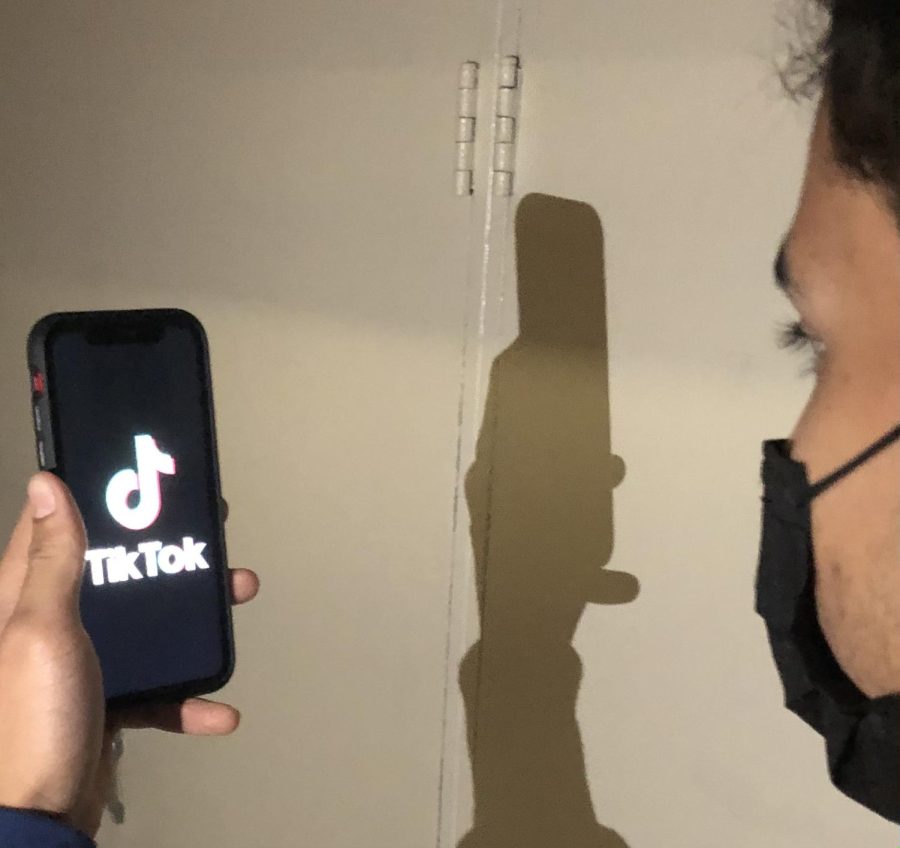TikTok became the most popular website in the world in 2021, dethroning Google. The social media giant surpassed one billion active monthly users in 2021. The app’s quick rise to world prominence has been both impressive and daunting.
The platform has only been around in the United States since late 2018, but in those short few years their marketing strategy made TikTok the fastest growing social media platform. This growth, however, has led to a significant amount of controversial attention, which may make users think twice about using the platform.
ByteDance, the Internet technology company behind TikTok, is based in China with close ties to the Chinese government. Claims of data breaches and data storage in China have been echoed by multiple skeptical governments. In August of 2020, former President Donald Trump nearly carried out a ban while India swiftly banned the app in June of 2020, citing national security concerns.
The terms-of-service does not fully confirm nor deny the data manipulation suspicions, saying, “We may share your information with a parent, subsidiary, or other affiliate of our corporate group.” Given the corporation in question has ties to China, using the app may be a risk some are not willing to take.
For better or for worse, social media users across all platforms have subconsciously come to terms with the fact that phones in some capacity are being more invasive than many would like to admit. The shady government ties developer ByteDance has to the Chinese Communist Party might be something people just cannot look the other way on.
On the other hand, what may actually be more frightening is the way the site affects the human brain – especially young people.
Nearly 63% of Americans ages 12 to 17 use TikTok on a weekly basis. In comparison, Instagram garners 57% of the same demographic. The shortly formatted videos TikTok utilizes have been linked to decreased attention spans. This is especially concerning considering the brain is not fully developed during teenage years, making the younger demographic more vulnerable to the negative side effects linked towards shortened attention spans.
Exploiting users’ data helps TikTok craft a feed of exactly what viewers want to watch. Getting users hooked is their specialty, and Bytedance does not care about the mental effects. Combine that with the constant refresh of new content, it is hilariously easy for users to get caught up in the endless scroll as more and more time is spent each and every day.
Senior Alex Blackwell formerly used TikTok. After doing his own research and self-evaluation of his relationship with the app, he decided to get rid of it. “TikTok surrounds itself with bright colors, personalized content and person-to-person connection,” He said. “Behind that facade is the mysterious company ByteDance, a tech conglomerate with more priorities in taking advantage of me than anything else.”
While the appeal of an app that is a hub for the latest trends and requires little more than 15 seconds of attention, it is time for young people to re-evaluate the role TikTok plays in their lives.









